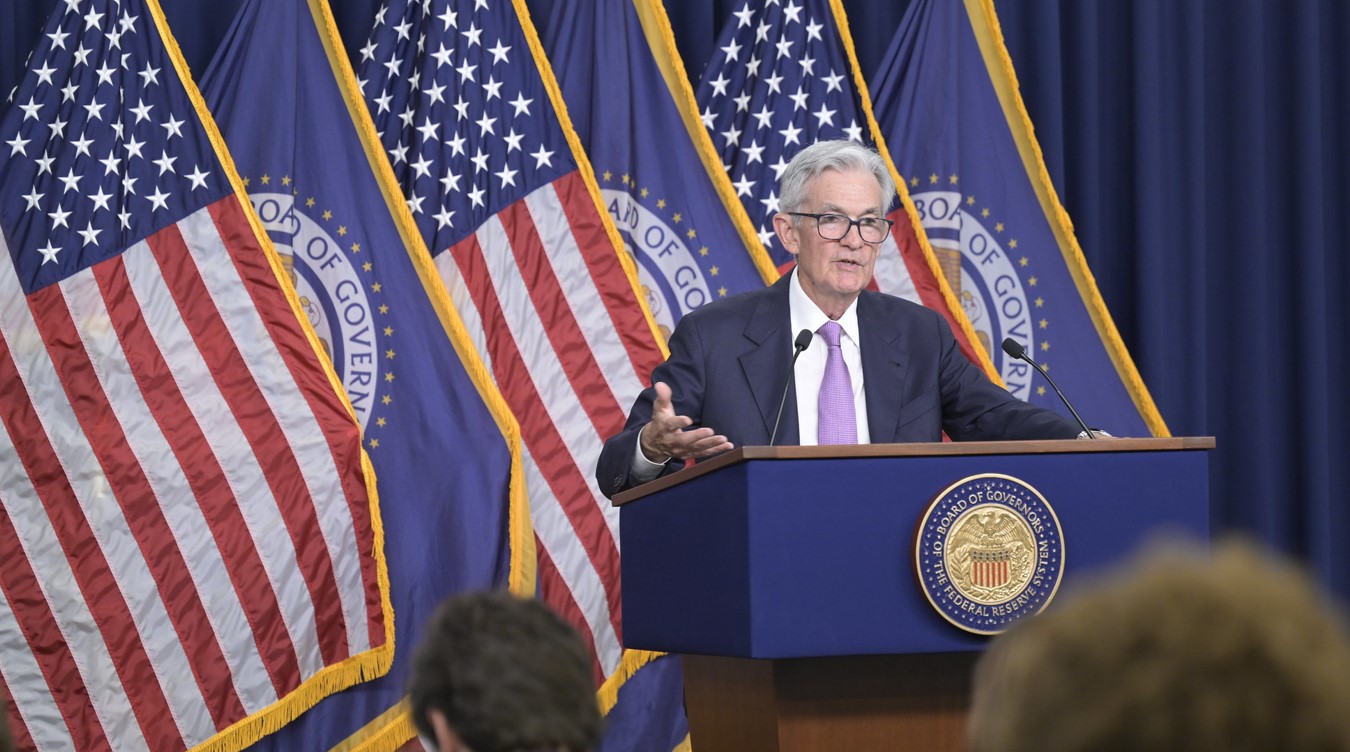The Conference Board Consumer Confidence Index® dropped in September to 98.7 points, down from 105.6 points in August, the organization reported in a statement.
The Present Situation Index, based on consumers’ assessment of current business and labor market conditions, fell by 10.3 points to 124.3 points. The Expectations Index, which reflects consumers’ short-term outlook for income, business activity, and the labor market, decreased by 4.6 points to 81.7, but remained above 80, which could indicate expectations of a recession.
“The September decline was the largest since August 2021, and all five components of the Index deteriorated. Consumers’ assessments of current business conditions turned negative, while views on the current labor market softened further. Consumers also became more pessimistic about future labor market conditions and less positive about future business conditions and income,” said Dana M. Peterson, Chief Economist at The Conference Board.
Peterson added that the drop in confidence was more pronounced among consumers aged 35 to 54.
She also noted that, as a result, in a six-month moving average, the 35 to 54 age group has become the least confident, while consumers under 35 remain the most confident. Confidence declined in September across most income groups, with consumers earning less than $50,000 experiencing the sharpest drop. In a six-month moving average, consumers earning over $100,000 remain the most confident.
“The deterioration of key index components likely reflects consumers’ concerns about the labor market and their reactions to reduced working hours, slower payroll growth, and fewer job openings, even though the labor market remains healthy, with low unemployment, few layoffs, and elevated wages. The proportion of consumers expecting a recession in the next 12 months remained low, but there was a slight uptick in those who believe the economy is already in recession,” Peterson added.
The proportion of consumers expecting higher interest rates over the next 12 months fell for the fourth consecutive month to 46.5%, the lowest since February 2024. The percentage expecting lower rates rose to 33.3%, the highest since April 2020. September’s written responses also included more mentions of interest rates as a factor influencing consumers’ views on the U.S. economy.
Despite the slowdown in overall inflation and a decline in the prices of some goods, the 12-month average inflation expectations rose to 5.2% in September. However, this figure remains well below the peak of 7.9% reached in March 2022.
Mentions of prices and inflation continued to top the list of written responses as factors affecting consumers’ views on the economy, though there was a slight increase in the number of respondents mentioning lower inflation. Meanwhile, consumers’ expectations for the stock market stabilized after the financial market turbulence in early August: 25% of consumers expected stock prices to fall over the next year (down from 26.5% in August), while 47.6% expected stock prices to rise (slightly down from 47.9% in August).
In this context, plans to purchase major appliances were mixed, and plans to buy a smartphone or a laptop/PC in the next six months declined. However, in a six-month moving average, plans to buy new homes and cars improved slightly. When asked about their plans to purchase more goods or services in the next six months, consumers showed a slightly higher preference for buying goods.
A new question about services in this month’s survey revealed that consumers remained willing to travel and dine out in September. It was noted that consumers continued to show a strong interest in home streaming entertainment, but interest in going to the movies had increased in recent months. Regarding non-discretionary services such as healthcare and utilities, expected spending for the next six months remained high.
In September, written responses about politics, including the November elections, remained below the levels seen in 2020 and 2016.



